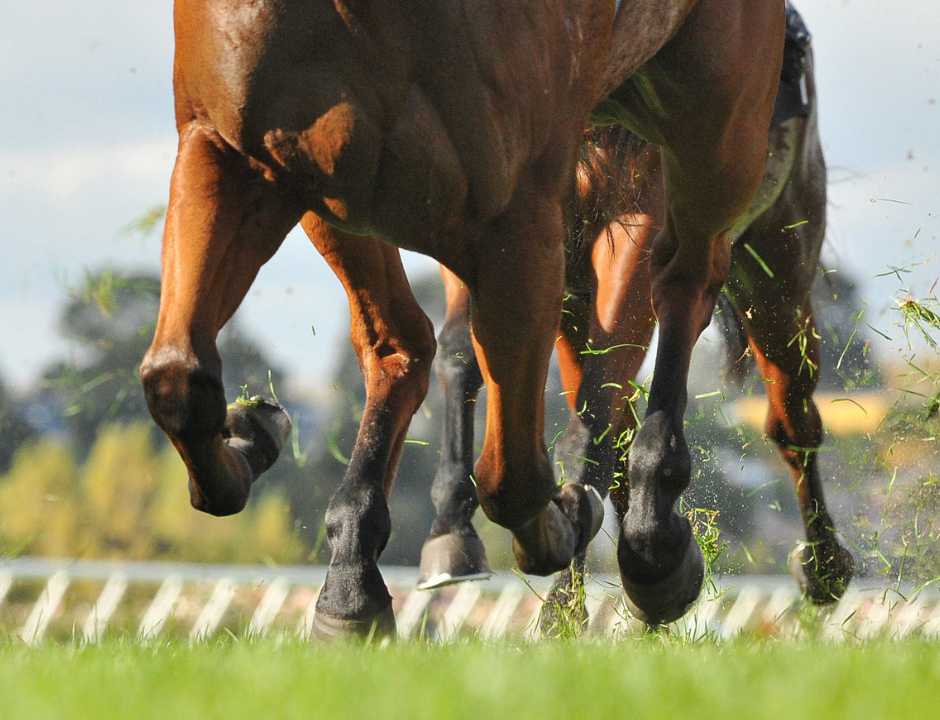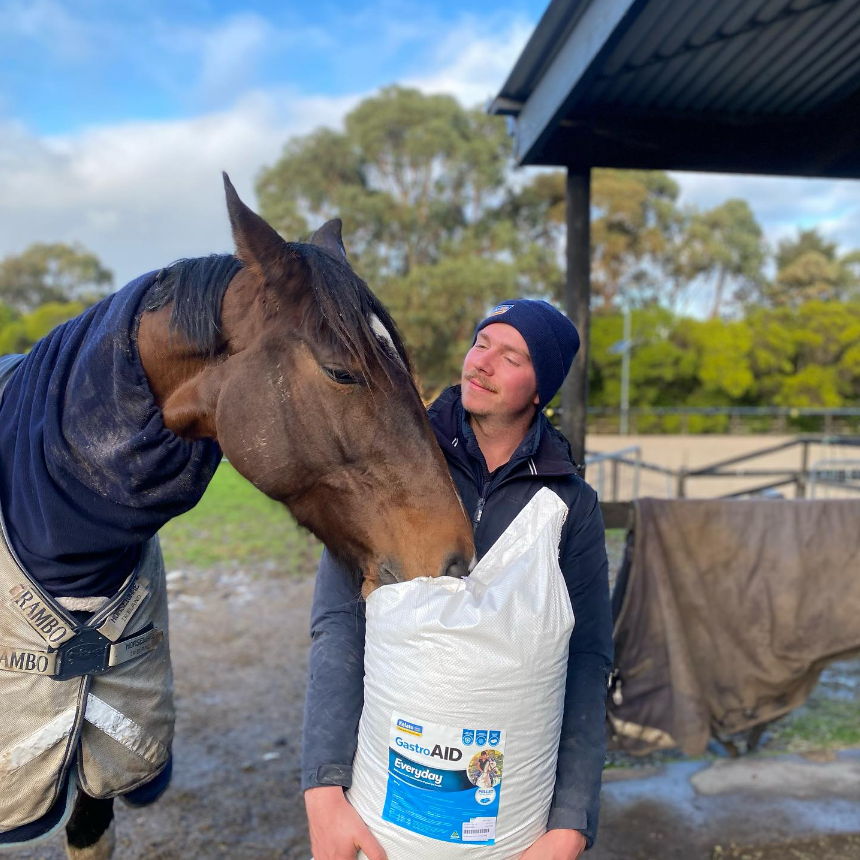Leading equine veterinarian A/Prof Dr Ben Sykes’ BSc BVMS MS MBA DipACVIM DipECEIM PhD research has primarily focused on Equine Gastric Ulcer Syndrome (EGUS) with an interest in nutraceutical strategies to help combat the disease. The promising results of Ben’s research are what gives him confidence in recommending GastroAID Recovery.
“We were able to show a really significant protective effect in horses under very high ulcerogenic conditions. That research was very encouraging and it was really nice to see that Kelato have formulated that into GastroAID Recovery.”
In order to properly understand Equine Gastric Ulcer Syndrome (EGUS), we first need to clarify the terminology. The term “EGUS” has been around for the past 20 years, but in more recent times the terminology has significantly changed.
EGUS is an over-arching umbrella term that simply describes ulcerative, erosive and hyperkeratotic diseases of the stomach. The problem is, EGUS is often inappropriately or incompletely used. We now know there are very distinct differences between diseases in the upper squamous mucosa versus the lower glandular mucosa of the horse’s stomach. So, EGUS is now divided into Equine Squamous Gastric Disease (ESGD) and Equine Glandular Gastric Disease EGGD).
ESGD and EGGD are COMPLETELY different in terms of causes, prevalence, risk factors, treatment, management and prevention. You CANNOT extrapolate one from the other! For example, exercise intensity and diet play a role in squamous gastric disease, whereas the risk factors for glandular gastric disease are very different. So, if your horse is diagnosed with EGGD and you only address the risk factors for ESGD, it won’t necessarily help to resolve the problem!
Find out more about GastroAID Recovery and GastroAID Everyday
#ichooseGastroAID #GastroAIDRecovery #GastroAIDEveryday #Kelato #TeamKelato #KelatoAnimalHealth #feelwellperformwell




